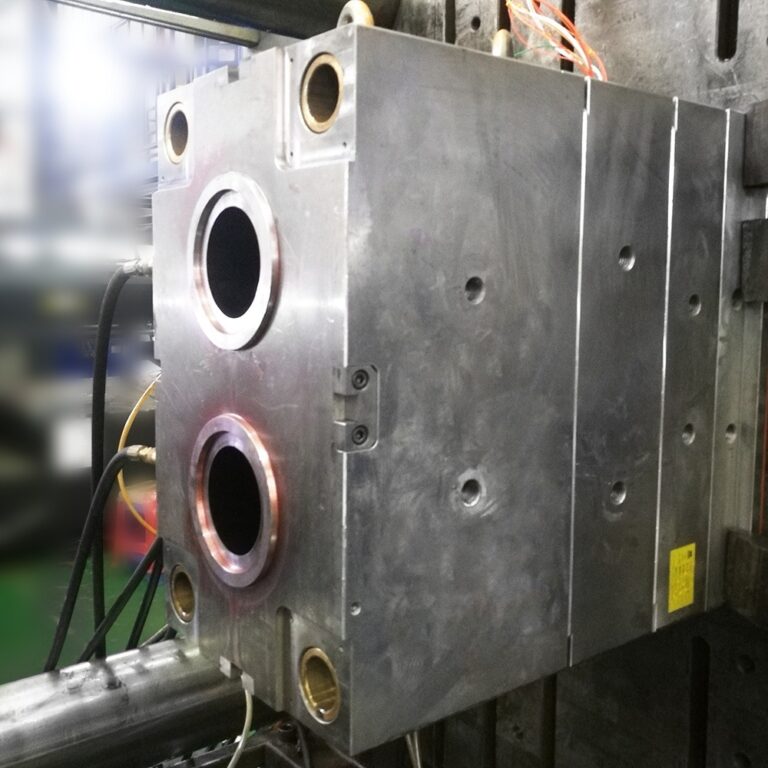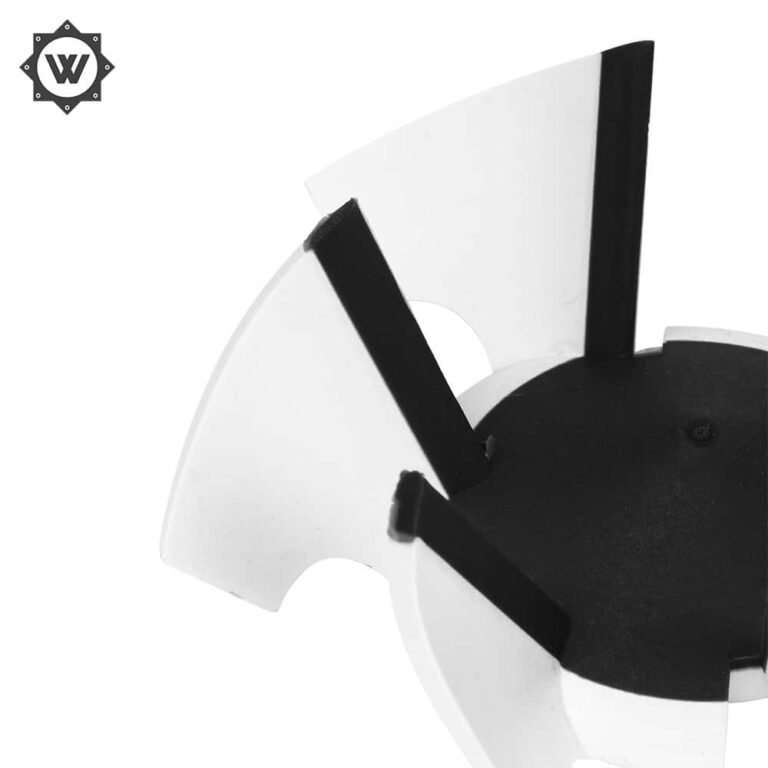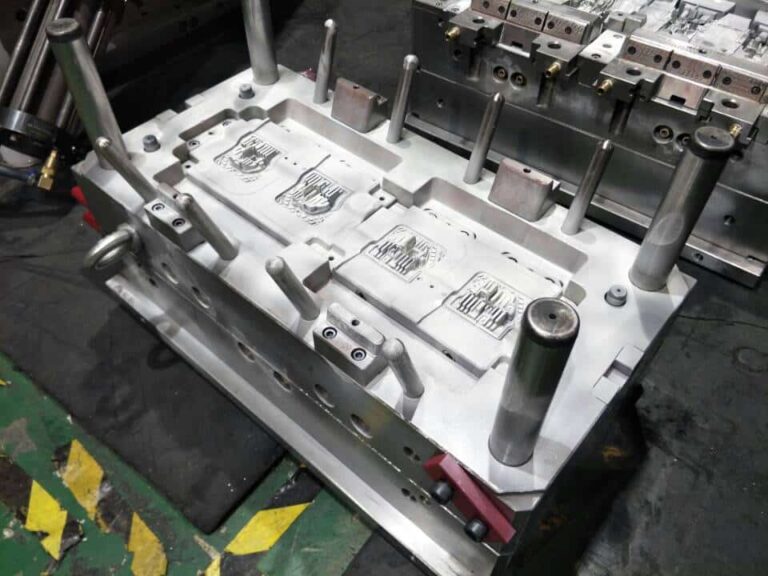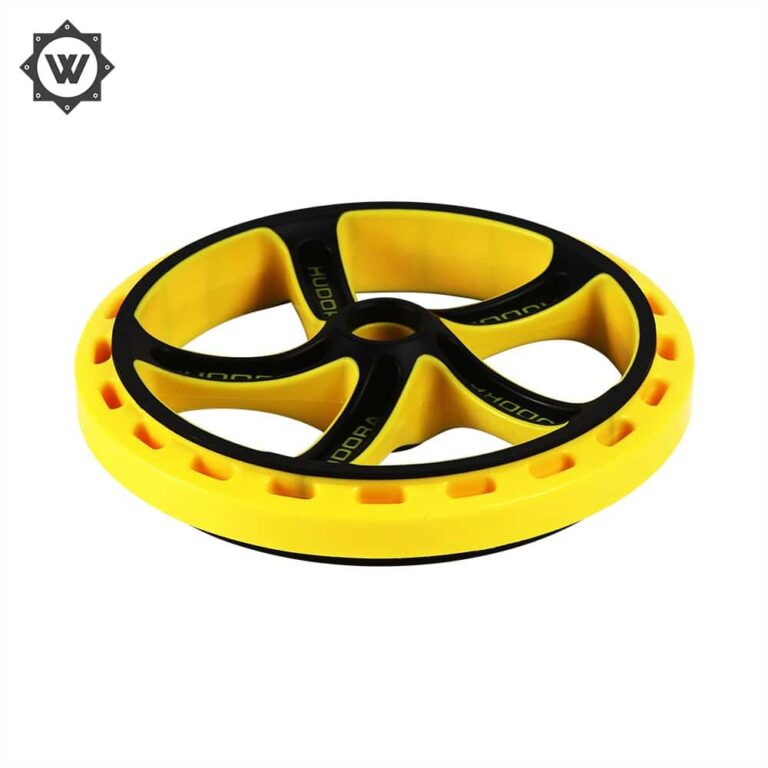Factors Affecting the Quality of Injection Mold
Mold manufacturing is a complex process. From design, processing, assembly, debugging and other steps to the final real use, in the entire life cycle, the factors that affect mold quality mainly include the following 10 aspects.
1. Die steel
Steel is the decisive factor of mold quality, and selecting reasonable steel is the top priority. The criteria for steel selection are:
① Requirements for injection molding materials
Different steels shall be selected for different plastics, such as requirements for high polishing and corrosion resistance;
② Price
The steel property can be used, not the more expensive the better; Considering the cost factor of the mold, the mold steel should be selected with materials corresponding to the mold life to avoid unnecessary waste; Generally, the service life of P20 material is about 300000; 2738 material is OK at 500000 yuan, and H13/2344 is usually above 800000 yuan to 1000000 yuan, which can be selected according to the situation;
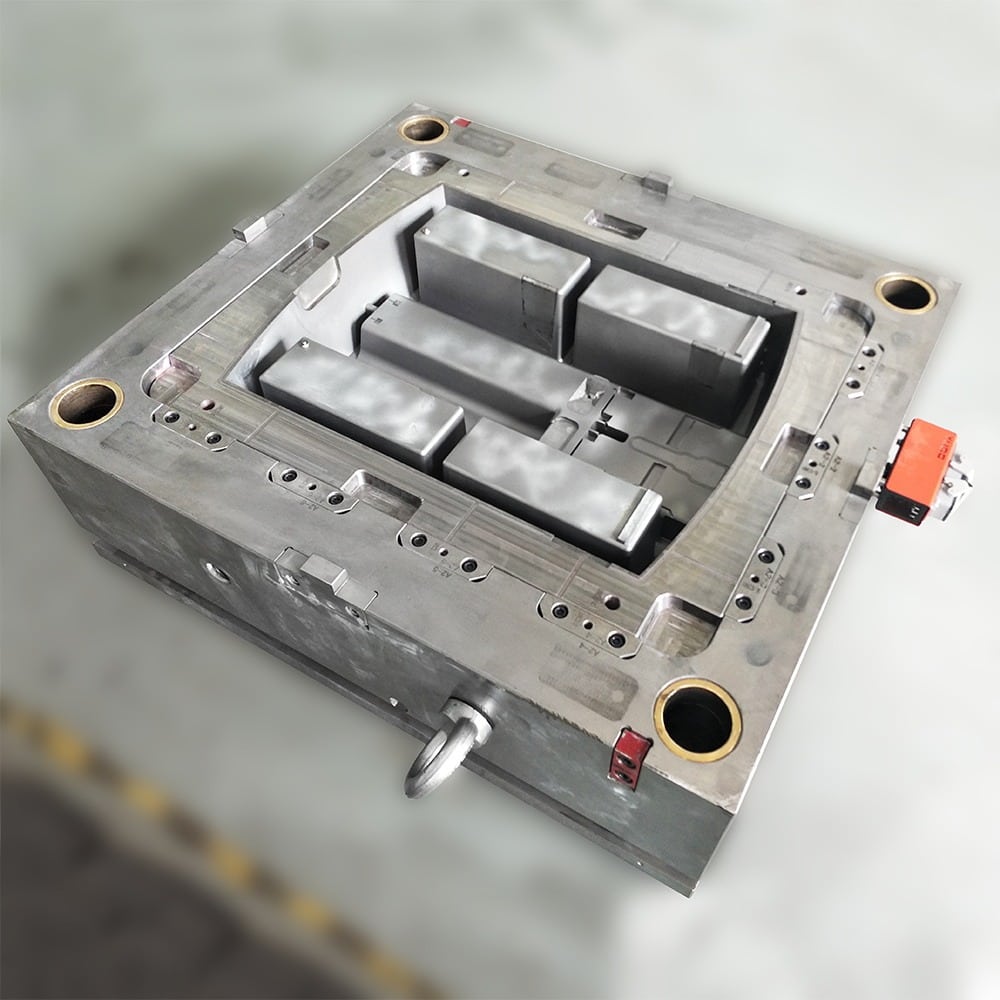
③ Surface treatment
The surface treatment of mould is also very important. Nitriding can enhance the surface hardness of steel and effectively prolong the service life of dies; Electroplating can effectively modify die steel. For some plastic parts that need high brightness and corrosion resistance, electroplating can be used to enhance and improve the performance of steel.
2. Structural design
The mature mold structure not only takes into account the product material properties, shrinkage, molding temperature, elastic tensile deformation coefficient, etc., but also takes into account the cooling water path, mold opening and closing speed, etc. The reasonable die structure can effectively prolong the life of the die, ensure the smooth production of the die, improve the efficiency and reduce the cost.
3. Mold processing
Sharp tools make good work. The mold process arrangement is particularly important. A reasonable process arrangement can speed up the production cycle, shorten the processing time, and effectively save costs. And more importantly, accurate and reasonable processing can ensure the stability of the mold in the production process and prolong its life. Some processing errors will lead to mold welding, no matter how good the welding is, it is a loss to the mold; In addition, poor processing may also affect the action of the mold, reduce the life of the mold, and cause the mold to crack or even break in the production process.
4. Standard parts
It is the lowest stick that determines the capacity of the bucket. We all understand this principle, but we often fail to notice it when doing it. The same is true of molds. Although standard parts do not directly participate in molding, they control the operation of the entire mold. Good standard parts should be wear-resistant, hard enough, high precision, and should not be deformed. There is a big price difference between standard parts of different brands, so don’t just haggle over the price when making moulds. Your moulds have been reduced from Mercedes Benz to the public.
5. Collision (flying mode)
It is the experience of the die fitter that makes the seemingly simple job the most technical. This is the main focus of complex molds. The flat die is the simplest. As long as there is no flash and break difference on the fractal surface, it is OK. For example, the mold for auto parts is very troublesome. The fractal surface is not only irregular, but also often includes multiple sliders and top blocks. At the same time, other problems of the mold can be improved and perfected through collision, so it is a comprehensive work.
6. Polishing/dermatoglyphics
Mold polishing is the last link of mold manufacturing. Polishing is directly reflected on the plastic parts, so this is the most face saving work. Polishing can also help and supplement the mold action, especially for demoulding. Sometimes the production of some molds is not smooth because the polishing is not in place, the resistance is too large, the demoulding is difficult, and even the top is white and cracked.
7. Mold assembly
The mold assembly is just like the assembly machine. Every part and every screw must not make mistakes, otherwise the consequences will be quite serious, ranging from product defects to production impact, to complete damage to the mold and scrap. Therefore, the assembly work must be very meticulous. During the assembly process, especially pay attention to the cleaning of the mold, especially the waterways and screw holes. Be sure to blow out the iron filings inside.
8. Hot runner or cold runner
In fact, this has the least impact on the mold quality, because the hot runner is generally of the brand designated by customers, especially some big customers. Foreign famous brands do a very good job in terms of both quality and after-sales service, so there is generally no problem in terms of quality. However, the quality of some domestic hot runner varies greatly. In order to save costs, some small enterprises strive for price advantages by using unreliable heating and conduction accessories, which is easy to cause problems. The main problem of cold runner is how to ensure the balance of injection molding, gate size, injection pressure, etc.
9. Cooling water circuit
Those who have experience in mold know how important cooling is to a mold. Due to the increase of prices and human wages, it is unimaginable that the profits brought by the injection molding cycle can not be reduced by one second when the products are produced in large quantities. However, speeding up the production cycle will also lead to the rise of the mold temperature. If it is not effectively controlled, the mold will be too hot to form, or even lead to die deformation, failure and scrap. Therefore, excellent waterway design is particularly important, including the layout density, diameter, mutual links, and so on.
10. Mold maintenance
Mold maintenance mainly refers to the maintenance during production. The mold is like a car. If it is not used for a long time and is not maintained, the mold may be scrapped. Therefore, every time the mold is used, comprehensive maintenance shall be carried out, especially the rust prevention of the forming part and the main moving parts. Since the mold needs to be watered during production, it may fall asleep on the mold during installation or disassembly, so make sure the mold is dry, and then brush a layer of oil for protection.


